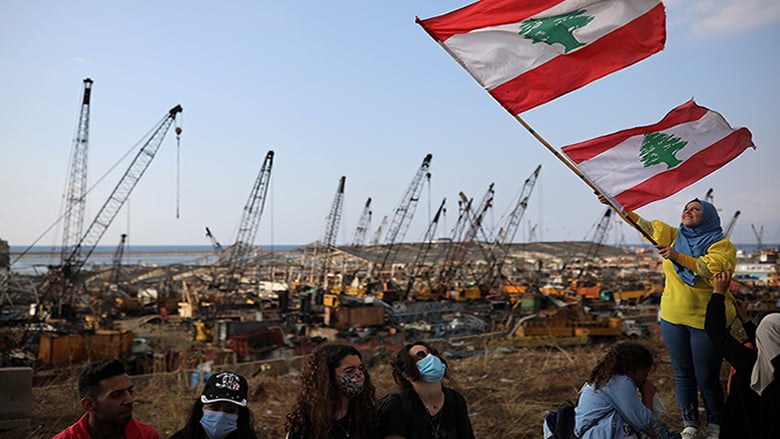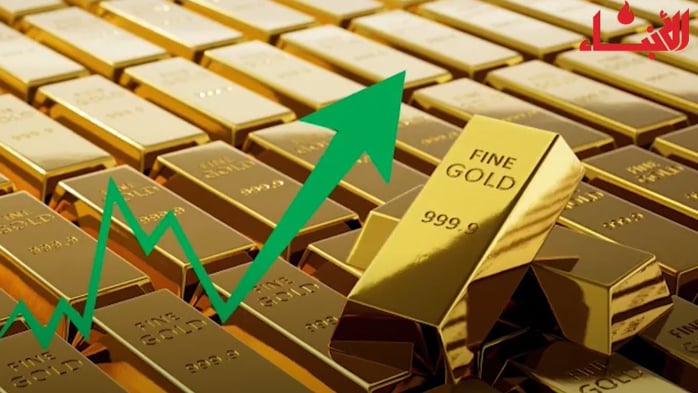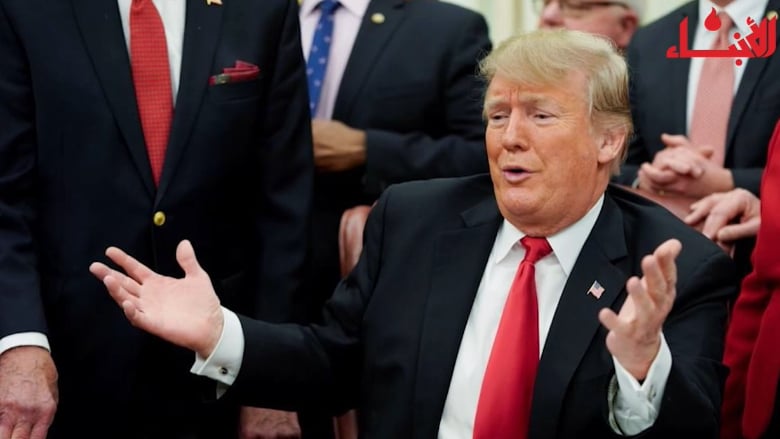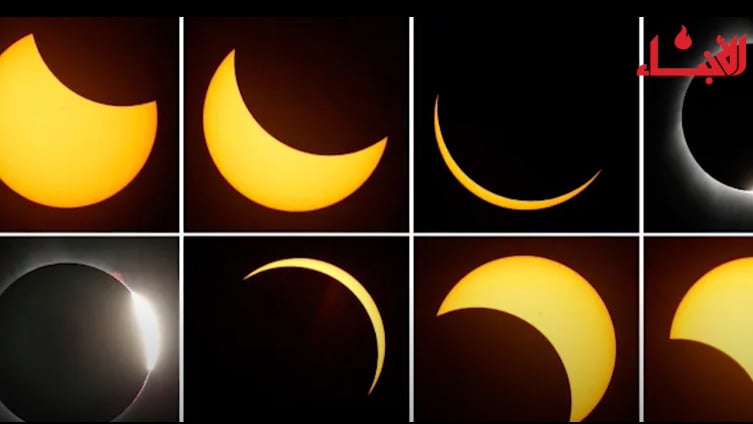A week after the huge Beirut blasts, the Lebanese people have not discovered yet what happened and who was responsible for this atrocity, making an international investigation more necessary than ever.
Had this explosion happened in any other state, as a moral step forward, resignation of the civil or military servants directly in charge and the politicians concerned would have been immediate, even before investigations began.
Lebanese President Michel Aoun said he was aware of the deadly chemicals stored in the port, but added that he does not have direct authority over the port and that there is a chain of command he was beholden to respect.
According to leaked information, now-former Prime Minister Hassan Diab was also aware of the danger of a potential blast at the Beirut port because of the 2,750 tonnes of ammonium nitrate stored there. Diab, however, postponed the removal as he wanted to arrange a media tour that would highlight his success in saving the capital from such an enormous explosion. Local outlet Al- Jadeed TV announced in its Friday night bulletin that Secretary General of the Higher Defense Council General Mahmoud el Asmar convinced him to delay his visit.
What happened was quite the opposite.
Right after the explosion, reports emerged that there was a container of fireworks that had somehow caught on fire.
Later, a senior security official sarcastically said that this was a silly pretext that could not be taken into consideration. Sounds of air jets were heard in several Lebanese areas right before the blast, which meant that the possibility of an Israeli air strike could not be discarded as well. Though, it would later be revealed that the sound was that of the massive explosion.
The Higher Defense Council, an umbrella institution that is headed by the president and includes representatives of the various security and military apparatuses, convened in an extraordinary session the same night of the blasts. It established an investigative committee that was given a five-day period to raise its conclusions to the concerned judicial authorities. The period expired last Sunday, August 9.
But so far, no one has explained to the public who was on this committee, the extent of its investigations, or the results.
In its last meeting before resignation, Diab’s cabinet called for the judicial court to look over the case and the investigation, and try those found responsible.
This court is a one-degree court and its rulings cannot be overruled by any means. The court does not have a good reputation, and it rarely reaches conclusive judgments.
There are fears that political intervention is possible in this court’s work as the judge who will lead the investigation is proposed by the minister of justice and approved by the Higher Judicial Council. Reasons behind those fears is the necessity of earning political approval for a judicial appointment, a step that does not fully respect the separation of powers.
After the council refused the first nominee, a second was approved after fierce debate between the minister and the council.
This behavior of consuming time for judicial appointment and the airing of differences between the different branches of government, at a time when Lebanon is in agony, reflects the irresponsibility of the concerned Lebanese officials. People have lost their loved ones, their homes and offices, while officials are negotiating prerogatives pertaining to judicial appointments.
A few hours after the blasts, there were political calls from several Lebanese parties for an international investigation that were born out of fear that the Lebanese judiciary was incapable of divorcing itself from political intervention. These calls were automatically and categorically rejected by Hezbollah, who said such an investigation would pave the way for direct foreign intervention in local affairs.
Some parliamentarians accused “the minister of justice of pressing to appoint an investigator who could change the course of the investigation,” and said that this is an additional reason why there should by an international investigation, especially given “that there are certain files missing from the concerned official agencies.”
Calls for an international investigation triggered a flashback to 2005 when former Prime Minister Rafik Hariri was assassinated on February 14, and there were attempts to tamper with the crime scene by asphalting the road that was deeply damaged within 48 hours and then continue business as usual.
Local calls for an international investigation into the assassination were heard when the Special Tribunal for Lebanon was established. It was supposed to announce its verdict after fifteen years on August 7, but the verdict has now been delayed to August 18 because of the blasts.
Over the last decade and a half, Hezbollah has turned a blind eye to the tribunal, and it is unclear how the party will react when the verdict is issued. Prior investigations have said that Hezbollah members may have been involved in the assassination.
This time, like last time, Hezbollah does not want any investigation into the explosion that might indict the Iran-backed group.
Whether the explosion was caused by negligence or another reason, it is questionable how 2,750 tonnes of ammonium nitrate could be stored for seven consecutive years in Beirut’s port, which is adjacent to the city.
Was this material for Hezbollah, who has quite an enormous influence on Beirut’s port, airport, and of course the Lebanese-Syrian borders?
The party leader has staunchly refused such accusations, but this shall be a matter of investigation if an international committee is ever created.
A local investigative body cannot give conclusive answers for the reality of the blasts and how they really happened. By local Lebanese standards, and because of the delicate balance of power, unveiling the truth is not an easy mission.
Setting up an international investigative committee is not easy either. Bringing in outside foreign technical expertise to support their Lebanese counterparts could be a more viable solution, but what results this strategy might yield are not yet known.
Lebanon has said it will not give way to an international committee, but it would welcome technical support. It has been no coincidence that Aoun, a staunch ally to Hezbollah, was the first senior official to explicitly refuse the calls for an international investigation.





